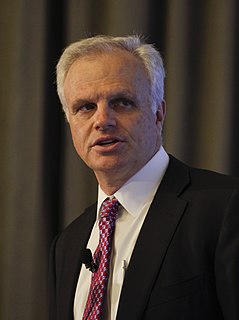A Quote by Baruch Spinoza
It is usually the case with most men that their nature is so constituted that they pity those who fare badly and envy those who fare well.
Related Quotes
Conductor, when you receive a fare, Punch in the presence of the passenjare. A blue trip slip for an eight-cent fare, A buff trip slip for a six-cent fare, A pink trip slip for a three-cent fare, Punch in the presence of the passenjare! Punch, brothers! punch with care! Punch in the presence of the passenjare!
A human body in no way resembles those that were born for ravenousness; it hath no hawk's bill, no sharp talon, no roughness of teeth, no such strength of stomach or heat of digestion, as can be sufficient to convert or alter such heavy and fleshy fare . . . There is nobody that is willing to eat even a lifeless and a dead thing even as it is; so they boil it, and roast it, and alter it by fire and medicines, as it were, changing and quenching the slaughtered gore with thousands of sweet sauces, that the palate being thereby deceived may admit of such uncouth fare.
The Russians succeeded, I believe, beyond their wildest expectations. Their first objective in the election was to sow discontent, discord, and disruption in our political life, and they have succeeded to a fare-thee-well. They have accelerated, amplified the polarization and the divisiveness in this country and they've undermined our democratic system. They wanted to create doubt in the minds of the public about our government and about our system; and they succeeded to a fare-thee-well. They've been emboldened and they will continue to do this.
As any opera fan knows, lawyers and judges do not fare well in most operas. Just consider the productions of 'Andrea Chenier,' 'Aida, Norma,' 'Billy Budd,' 'Peter Grimes,' 'The Crucible,' 'Lost in the Stars,' 'The Marriage of Figaro,' 'The Makropulos Case' and Wagner's 'Ring' cycle. Around 1810, the theme of justice emerged in opera.
Envy is the most universal passion. We only pride ourselves on the qualities we possess, or think we possess; but we envy the pretensions we have, and those which we have not, and do not even wish for. We envy the greatest qualities and every trifling advantage. We envy the most ridiculous appearance or affectation of superiority. We envy folly and conceit; nay, we go so far as to envy whatever confers distinction of notoriety, even vice and infamy.









































